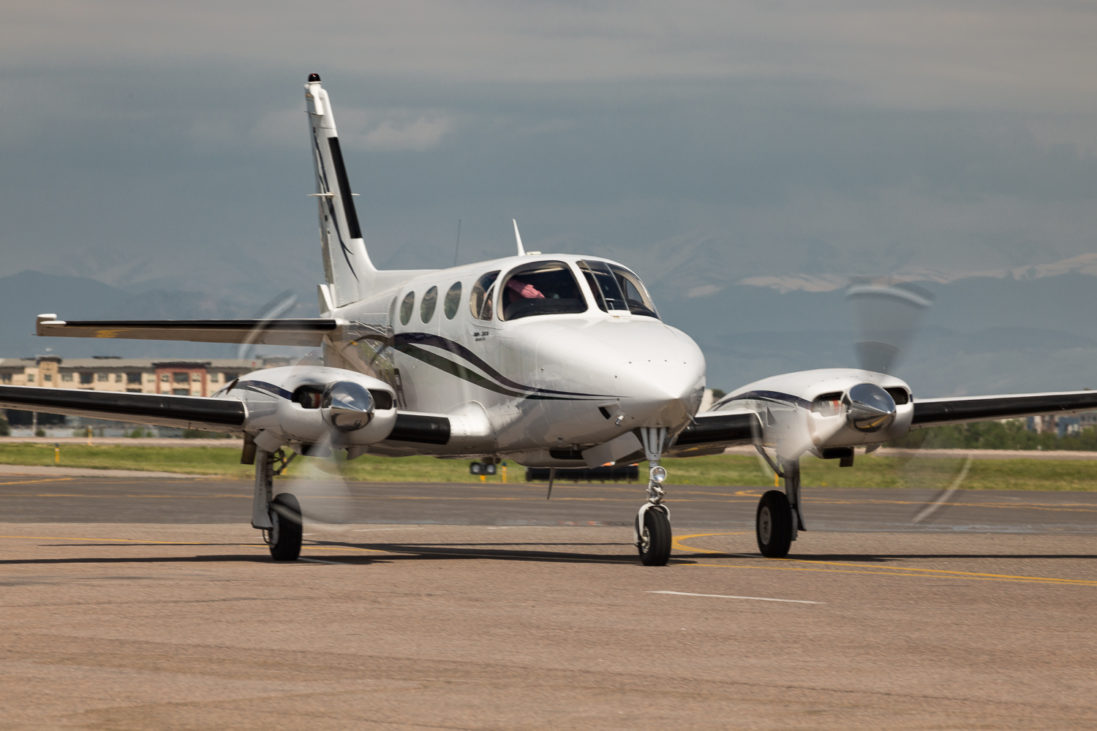
Updated Jan. 25, 2019
On Jan. 25, President Trump signed legislation to re-open those portions of the government impacted by the shutdown until Feb. 15. During this period House and Senate negotiators will work towards an agreement on border security and funding for the Department of Homeland Security.
The following is a summary of key impacts that general aviation faced during the shutdown which began on Dec. 21, 2018.
Review the Department of Transportation Shutdown Plan (Updated Jan. 11)
Federal Aviation Administration (FAA)
While critical FAA functions including air traffic control services, safety oversight and the FAA Registry are continuing to function, numerous activities at FAA are suspended.
FAA Registry
With passage of the FAA Reauthorization Act of 2018, the FAA Registry in Oklahoma City has been deemed essential and will remain open during a government shutdown. During a shutdown, the registry should be able to continue operating as normal. This means that most aircraft registrations, renewals and other critical registry functions will operate as normal.
However, the FAA Aeronautical Central Counsel office, which is involved in certain registry functions is subject to the government shutdown and not operating. This means that the office cannot give legal opinions on registrations involving non-citizen trusts or owner trusts. Also, FAA legal opinions on certain LLCs, corporations and other complex ownership structures are not available during the shutdown.
Additional FAA Functions Impacted by Shutdown
On Jan. 15, the FAA announced that a number of aviation safety inspectors will be returning to work to perform safety-critical functions. Initial reports indicate no new certification work will occur, and recalled employees will focus primarily on safety surveillance. This means that tasks such as adding new aircraft to OpSpecs or issuing new pilot certificate ratings will likely not occur even with the recalled inspectors back at work.
Revisions to existing manuals, training programs and other requests submitted before the shutdown may be reviewed as time permits.
While numerous FAA functions have ceased during the shutdown, the following suspended activities are likely of most interest to NBAA members.
- Issuance of airmen certificates
- FAA issuance of ferry or special flight permits (Certain DARs might still be able to issue permits)
- FAA knowledge tests (i.e. written exams) can be taken, but results will be delayed until the government reopens
- Renewal of training center evaluator/simulator qualifications
- Adding or modifying aircraft and personnel listed on OpSpecs of a commercial operator
- Other FSDO functions such as seeking new letters of authorization or modifying current authorizations
- Approval of exemptions for unmanned aerial systems operations
- Aviation rulemaking
- Development, operational testing, and evaluation of NextGen technologies
- Most administrative support functions not required for support of life and safety
Customs and Border Protection (CBP)
CBP is affected only with overtime arrivals, much like what happened with sequestration. Operators should communicate directly with their port of entry to clarify any local port impacts on proposed arrival times, especially if the flight proposes to arrive after normal business hours.
NBAA has received reports that shipments of CBP User Fee decals are delayed during the shutdown. CBP has advised that operators who have not yet received a decal can verify their compliance by producing:
- an electronic or printed order history (available to the operator immediately after application is made)
- or an electronic or printed order receipt (available after the order has been processed by DTOPS).
In addition, CBP is not processing new border overflight exemptions, so only operators with unexpired exemptions can overfly their first southern border crossing airport. The personnel that manage GA issues related to the Advance Passenger Information System (APIS) have also been furloughed due to the shutdown.
Finally, the Department of Homeland Security has canceled interviews for travelers trying to enroll in the Global Entry program.
Transportation Security Administration (TSA)
TSA is working normal business hours. This includes administrative functions needed to support TSA waiver applications and approval process that support foreign registered aircraft and the DCA Access Standard Security Program (DASSP). Additionally, the coordination needed with FAA for DCA slots remain operational.
Department of Transportation (DOT)
The DOT will suspend all non-essential legal functions related to acquisitions, aviation licensing, regulatory policies, and FOIA, including:
- Notices of Consistency
- US Air Carrier Frequency Allocations
- US Air Carrier Charter Allocations
- US Carrier International Route Authority
- DOT Part 375 Exemptions
- Foreign Air Carrier Exemptions


 International Business Aviation Council Ltd.
International Business Aviation Council Ltd.